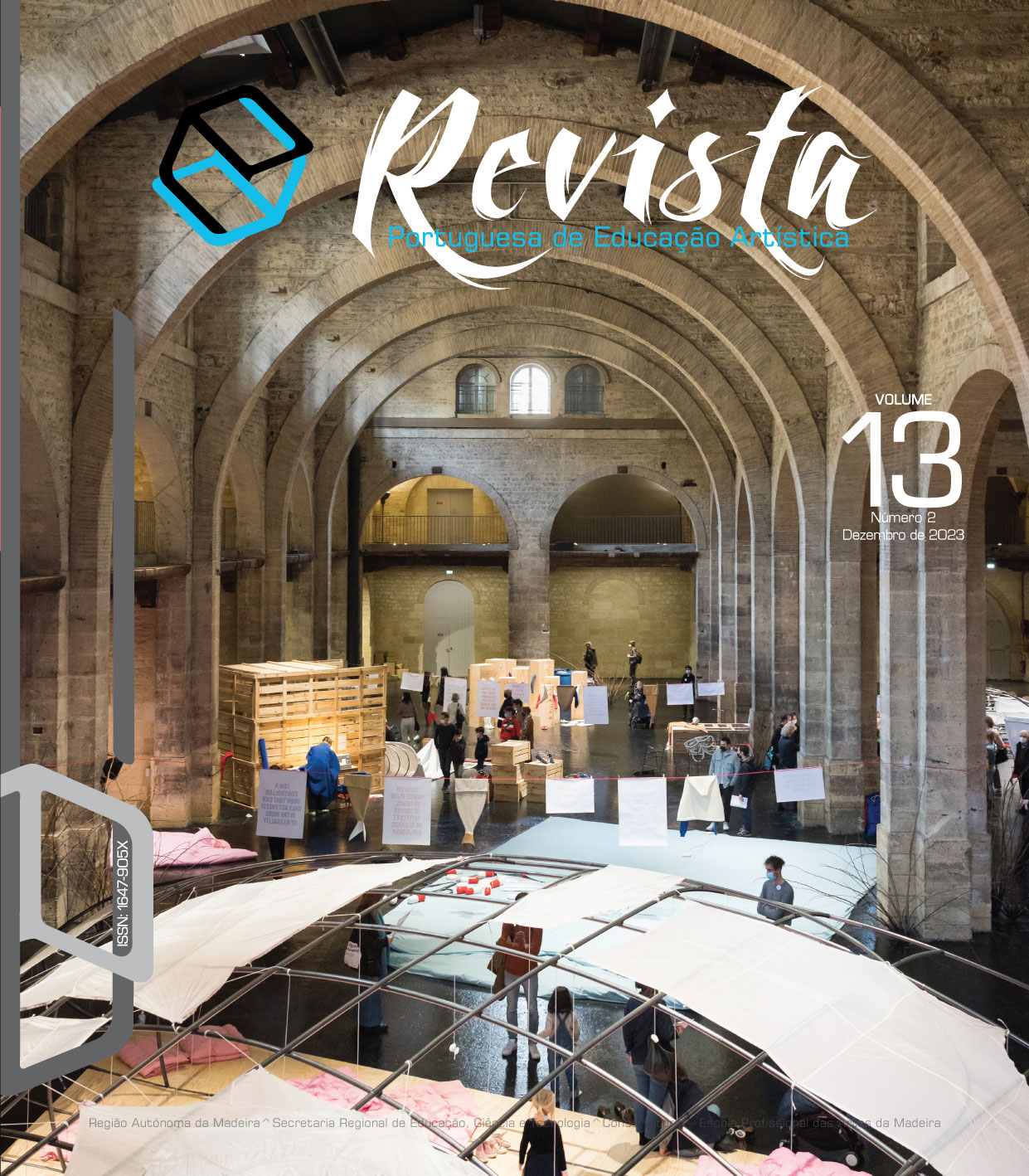The Exploration and Expression of the Heritage Richness in Arts Education in the Multi- Cultural Society of Singapore: The Preservation and Practice of the Tradition of Xiqu in Mandarin Drama Curriculum Design and Actor-Teaching
DOI:
https://doi.org/10.34639/rpea.v13i2.231Keywords:
Arts Education, Theatre, Chinese Operatic Performance of Xiqu, Mandarin Drama, Curriculum Design & Actor-trainingAbstract
A young nation, the Republic of Singapore was established in 1965 as a state of multi-cultures and multi-ethnicities as well as multi-languages with English, Chinese, Malay, and Tamil-speaking communities. The arts educational program of the Chinese-speaking Drama was introduced at Nanyang Academy of Fine Arts in 1997 with the establishment of this inaugural Mandarin Drama course in the country, where a range of the English-speaking curricula of (A-Level) Theatre Studies and (O-Level) Drama courses, etc. had already been introduced in this post-colonial society.
Therefore, the positioning of the mandarin drama curriculum and actor-training has always been challenging: should it follow the global format of the drama programmes, most of which were developed out of the English drama courses, or should it be a curriculum of its own – a question of whether the mandarin drama performative expressions should just be a translated Chinese version of the English Drama at large, or should it be a unique theatrical establishment of its own? This is an issue of how and to which extend the cultural and aesthetic nature from xiqu, one of the oldest existing theatrical traditions of the world cultural heritage should be preserved with curricula design and actor-training in theatre education.
This paper examines, reflects, and reviews the curriculum design discourse as well as the arts educational practice with the mandarin drama program in Singapore, a case study in relation to the issue of the preservation of the world cultural heritage in drama curriculum design and actor-training practice at large.
Downloads
Published
Issue
Section
License
Copyright (c) 2025 Weijie Yu

This work is licensed under a Creative Commons Attribution-NonCommercial 4.0 International License.

The work Revista Portuguesa de Educação Artística (Portuguese Journal of Artistic Education) is certified under Licence-Creative Commons Attribution-NonCommercial 4.0 International (CC BY-NC 4.0).




